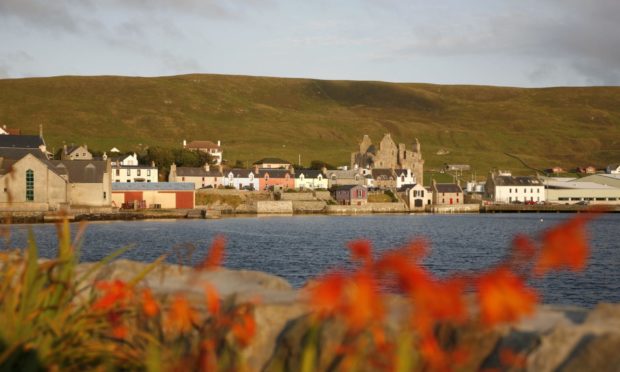Scotland’s island communities are renowned for their resourcefulness, building up successful renewables, energy and fishing industries – overcoming the challenges thrown up by their geographical location.
Our islands are also world-class tourist destinations with visitors from all over the world drawn to their spectacular beauty, unrivalled heritage and the welcoming hotels and bed and breakfasts.
But – like everywhere else – the Northern Isles and the Western Isles have been hit hard by the coronavirus.
And as we come out of the pandemic and the UK Government drives the economic recovery, we will make sure islands thrive and islanders prosper.
As the UK Government-led vaccine programme drives back the virus, the massive investment in the most remote parts of the UK through the Islands Growth Deal will be at the forefront of those efforts.
That is why I am delighted to be signing the deal’s Heads of Terms Agreement, which heralds our ambitious plans to transform island economies.
Investing in the islands
As part of the deal, the UK Government is injecting £50 million in Orkney, Shetland and the Western Isles over the next 10 years.
Investing in the islands, creating jobs and making communities more sustainable are vital parts of the UK Government’s more than £1.5 billion investment in Scotland through city and growth deals.
The ambitious Islands Growth Deal will create 1,300 sustainable jobs across the three island groups with the UK Government working in partnership with the Scottish Government, Shetland, Orkney and Comhairle nan Eilean Siar councils.
This is a brilliant example of the UK and Scottish governments working with local authorities, private business and the academic sector to transform people’s lives.
A huge investment in the futures of the islands.”
For example, subject to business case approval, the UK Government will spend up to £16 million on an Islands Centre for Net Zero, which will produce 300 green jobs.
Across the three archipelagos the centre will work with communities on low-carbon projects and driving down emissions.
On a similar theme, the Stornoway-based Outer Hebrides Energy Hub will supply green hydrogen created by wind energy, supported by £11 million from the UK Government.
Shell-volution on Shetland is an example of traditional industries being transformed by the latest environmentally-friendly techniques. This project aims to increase mussel farming output by 18,000 tonnes by 2037 while doubling employment in the sector, and will be supported by up to £4.4 million by the UK Government.
These, and other, exciting prospects, represent a huge investment in the futures of the islands and I look forward to seeing them come to fruition.
Iain Stewart MP is UK Government Scotland minister.
